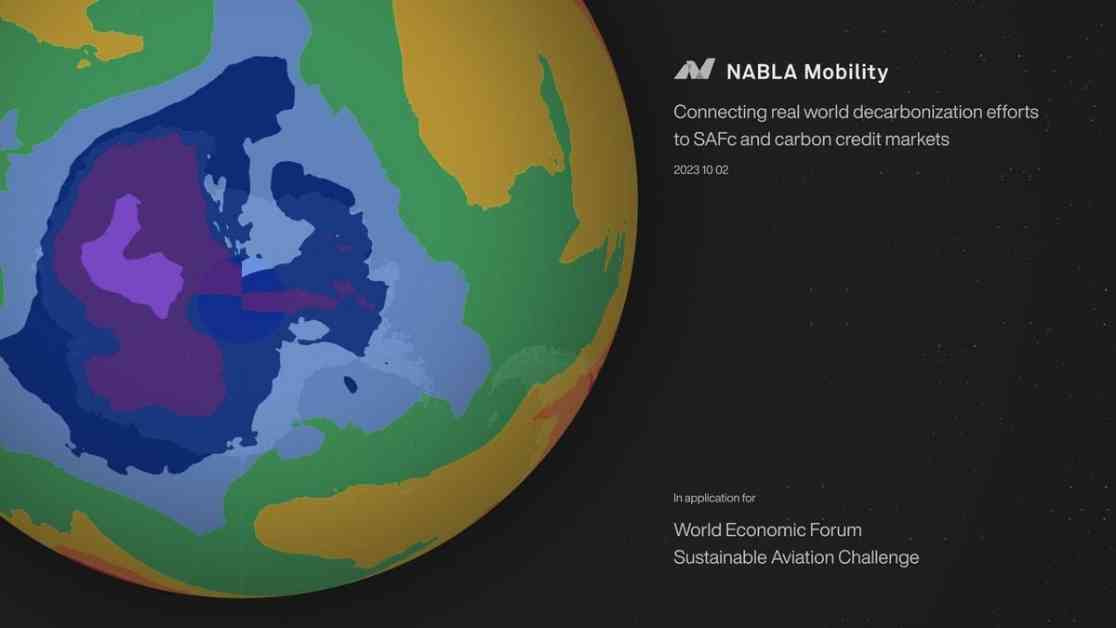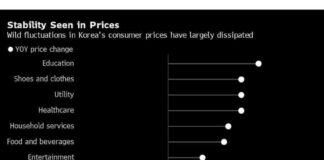Efforts to reduce carbon emissions and combat climate change have gained significant momentum on a global scale. Industries, nations, and regions are increasingly focusing on decarbonization as a key driver towards a more sustainable future. One sector that has been particularly proactive in redefining its manufacturing processes to align with greener practices is the wires and cables industry.
The United Nations Climate Change Conference (COP28) recently declared 2023 as “the beginning of the end of the fossil fuel era.” This pivotal moment calls for rapid advancements towards achieving net-zero emissions. Leading the charge in these efforts are the Gulf Cooperation Council (GCC) countries, with the United Arab Emirates (UAE) and Oman setting ambitious targets for achieving net-zero emissions by 2050. Similarly, Saudi Arabia, Kuwait, and Bahrain have outlined timelines aiming for similar achievements by 2060.
The wires and cables sector plays a critical role as the backbone of modern infrastructure, facilitating energy transmission and possessing the potential to significantly impact carbon emissions through innovative changes. Embracing digital tools like the Internet of Things (IoT) and artificial intelligence has enabled the sector to improve manufacturing processes and reduce the carbon footprint associated with production.
Adoption of concepts related to the circular economy has also gained traction within the wires and cables industry. By designing products for longevity and recyclability, companies can minimize waste generation and contribute to a more sustainable future. The UAE has set ambitious commitments, projecting a 19% reduction in emissions by 2030 compared to 2019 levels, with a further 40% cut from projected emissions before 2030.
Enhancing energy efficiency is a key strategy for manufacturers looking to lead the clean energy transition. Upgrading outdated equipment and optimizing production systems not only reduces energy consumption but also drives down operational costs. The Swedish markets are setting examples through the use of low-carbon materials such as low-carbon aluminum, showcasing the potential for companies worldwide to follow suit.
GCC countries are heavily investing in supporting clean energy initiatives, making significant strides towards sustainability. The UAE, for example, aims to reduce carbon emissions by 70 million tonnes by 2030 through innovations ranging from solar to nuclear energy. Saudi Arabia’s Vision 2030 strategy focuses on developing the domestic electric vehicle market, aligning the country with global trends aimed at reducing reliance on fossil fuels.
The global effort to decarbonize extends to supply chains and transportation methods as well. The transition to sustainable rail systems, for instance, is seen as pivotal in promoting efficiency and reducing carbon emissions. Etihad Rail, one of the largest railway projects in the GCC, enhances connectivity across various industries and significantly reduces carbon emissions from road transportation.
Emerging markets in Africa have also highlighted their potential to positively contribute to decarbonization efforts. Africa is responsible for only about 4% of global greenhouse gas emissions, presenting an opportunity for sustainable growth without severely impacting carbon reduction targets. Research indicates that managing Africa’s increasing energy needs sustainably will be crucial for limiting environmental impacts as growth accelerates.
Innovative strategies that align with global climate goals can create economic opportunities for Africa while promoting cleaner growth. By investing strategically in scalable renewable projects, international partners can help African countries achieve their targets without significantly increasing emissions. These efforts will be essential in shaping Africa’s emissions trajectory and contributing to global decarbonization goals.
Countries like Kenya have demonstrated the potential to blend economic growth with the expansion of renewable energy systems, showcasing successful models for sustainable development. Meanwhile, China has made unprecedented investments in renewable energy, with reports indicating that the country’s installed capacity reached 53.8 percent by mid-2024.
China’s commitment to peak carbon emissions before 2030 sets significant benchmarks for the region, highlighting the country’s potential to lead the sustainable market. Through effective policies and technological advances, China is poised to become a leader in sustainable industry development, digital integration, and green consumption patterns. This transformation in China’s approach to green energy solutions is closely watched by the global community.
Collaborative frameworks enforced through international protocols can accelerate progress towards decarbonization. The global push towards cleaner futures depends on shared efforts that bridge economic ambitions with environmental integrity. From the GCC’s investment structures to Africa’s renewable potential and China’s technological advancements, transformative progress is on the horizon.
The mindset shift towards responsible economic stimulation is evident as organizations and nations recognize the importance of sustainable practices. By working towards net-zero emissions collectively, diverse strategies can contribute to a more sustainable future for generations to come. Investing in sustainable solutions today will pave the way for innovation and progress tomorrow.
While challenges remain on the path to decarbonization, opportunities for global cooperation and progress abound. Each step taken towards sustainability shapes the possibilities for future generations and determines how nations will navigate the shared crisis of climate change. By embracing the sustainable path, industries can thrive and play a crucial role in safeguarding the planet for future generations.
As the global community continues to race towards decarbonization, it becomes clear that the transition to renewable solutions is not just reactive but about creating lasting legacies for the future. Sustainable investments today will fuel innovation and ambition for tomorrow, leading to a more sustainable and prosperous world for all.






















